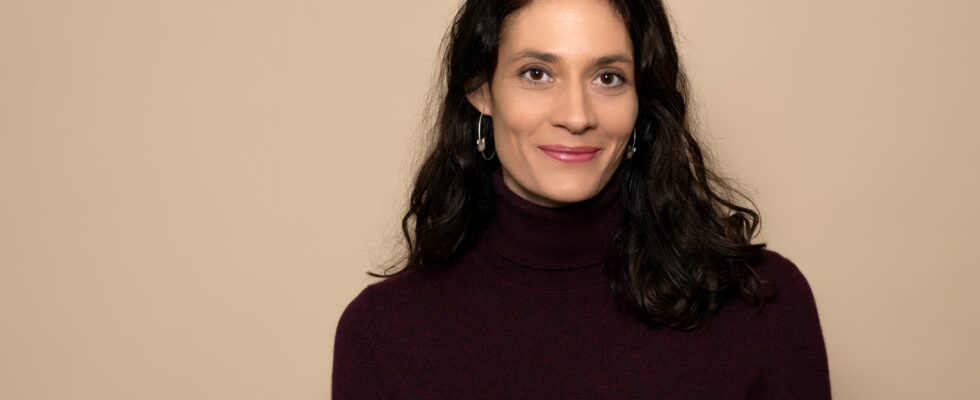Why are we left or right? Is it a social determinism, a parental heritage, a moral preference, the hazards of life or simply a question of age? To this vast question which occupies sociologists and psychologists, Laetitia Strauch-Bonart brings with Gratitude Personal lighting. Essayist and journalist fond of ideas, our former sister at L’Express is an atypical case. It is defined as a liberal-conservative, the association of two currents particularly poorly understood in France.
Raised alone by a left musician mother, Laetitia Strauch-Bonart grew up near the Place de la Nation in Paris, before settling in Montpellier. Abandoned by a father also on the left and whose values of solidarity entered into flagrant contradiction with his selfishness as a sire, the high school student is passionate about philosophy. In the final year, its professor, and first mentor, Jean-Claude Michéa, anti-capitalist thinker who castigates a left which was not yet called “Bobo”. Having become a normalienne, she develops an allergy to the elite of student progressives. “To hear them, one of the most free and prosperous countries in the world was akin to hell on earth, and they, to his damned,” she wrote. In 2010, she came out on the right. Laetitia Strauch-Bonart wonders with honesty: do we not vote simply to defend its own fluctuating interests? You can be antilibrale when you live in a modest apartment, then go right when you start to taste the discreet charms of the bourgeoisie.
After theory, make way for practice. The young intellectual tries her luck to Bercy as François Baroin’s pen. The essay may be called Gratitudehe exhausted the functioning of a cabinet with his minister who does not master English or computer science, while being surrounded by a court of forty advisers. Laetitia Strauch-Bonart will finally find her master in the United Kingdom in the person of Roger Scruton, conservative philosopher and Gentleman-Farmer. She studies the work of Edmund Burke, father of the liberal-conservatism. While in our country, the author of Reflections on the France Revolution is associated with the counter-revolutionaries Joseph de Maistre and Louis de Bonald, Laetitia Strauch-Bonart discovers the subtle differences between conservatism and reaction. MP, Burke sat on the side of the Liberals. For him, it was not a question of returning to a monarchy of divine law, but of taking care not to modify too brutally the balances of a society.
“The Conservatives have two opponents”
In a chapter entitled “Anti-model”, the author tells how her return to France in 2021 coincided with the political boom of Eric Zemmour. She explains the reasons for her “anti-zemmarism” and why everything opposes a totalizing, Maurrassian and retrograde ideology. “Conservatives should not forget that they have not one but two opponents, progressives and reactionaries,” she said. Between the idealists of the future and the “prophets of the past”, there is a third way.
Faced with zemmarism, Laetitia Strauch-Bonart praises her right to her, that of a Tocqueville or a Guizot, who tries to reconcile need of order and desire for freedom. Being right, according to the essayist, is to estimate that security and social harmony are a historical exception, while conflict and cruelty represent the rule. To be on the right is to be pessimistic, not desperate. Being right is to estimate that all humans have equal dignity protected by equality before the law, but that there are unequal talents, and that merit must be encouraged. To be on the right is to be convinced that economic liberalism has favored prosperity not only of the West, but of the whole world. As a good disciple of Steven Pinker, Laetitia Strauch-Bonart recalls that in two hundred years, the world’s wealth has centuries and the share of people living in extreme poverty increased from 90 % to less than 10 %. Finally, being on the right is for the author prefer gratitude to resentment. Despite its commercial grip (“What if you were right too?”), This autobiographical plea will not convert a Bourdieusian reader. But a candidate of a temperate right to the 2027 presidential election has something to draw from it stimulating reflections.
Gratitudeby Laetitia Strauch-Bonart. The observatory, 234 p., € 21.
